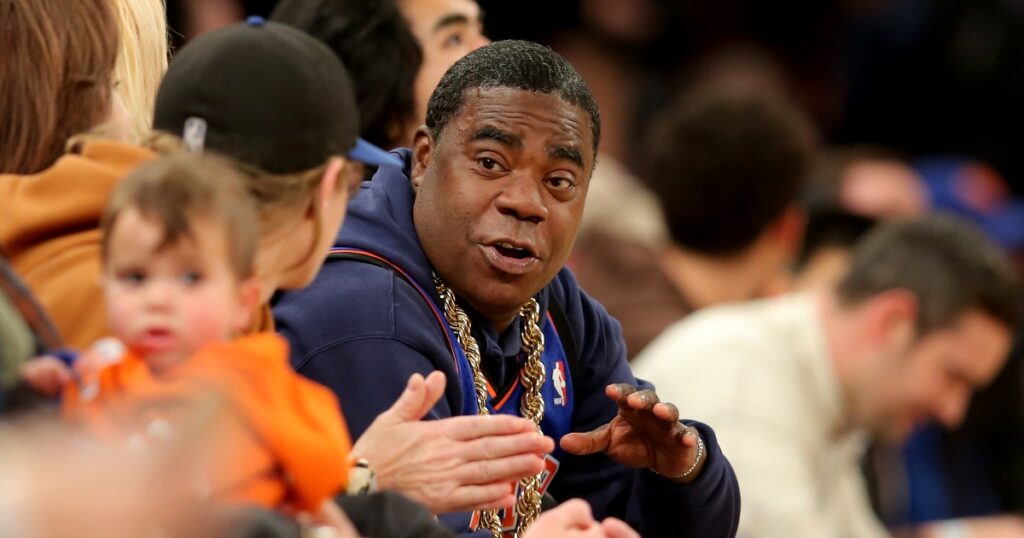Human civilization has survived countless challenges over thousands of years. However, scientists warn that several existential threats could bring about catastrophic consequences for humanity. These risks are not just the plots of science fiction movies—they are real dangers that could shape our future. Whether from natural disasters, technological advancements, or human actions, these threats have the potential to disrupt or even wipe out civilization as we know it.
The Threat of Supervolcanoes
Among nature’s most devastating forces, supervolcanoes pose an extreme threat to human survival. Unlike regular volcanic eruptions, a supervolcano eruption could alter the global climate, disrupt food supplies, and trigger mass extinction events.
One of the most dangerous supervolcanoes lies beneath Yellowstone National Park in the United States. Beneath the park’s surface, a massive reservoir of magma continuously releases steam, indicating active volcanic activity. If this supervolcano were to erupt, it could lead to a global catastrophe.
The immediate effects would include the destruction of everything within hundreds of miles. However, the long-term consequences would be even more severe. The eruption would release enormous amounts of ash and gases into the atmosphere, blocking sunlight and causing a “volcanic winter.” With temperatures dropping worldwide, agriculture would collapse, leading to global famine and the possible downfall of human civilization.
Asteroid Impact: A Threat from Outer Space
Around 65 million years ago, an asteroid impact near present-day Mexico led to the extinction of the dinosaurs. Scientists believe that an asteroid 0.6 kilometers (0.37 miles) or larger in diameter could once again trigger a mass extinction event on Earth.
If such an asteroid were to collide with our planet, it would create massive explosions, fires, and tsunamis. The most devastating effect, however, would come from the dust and debris launched into the atmosphere, blocking sunlight and drastically lowering global temperatures. This would trigger an extended winter-like period, leading to the collapse of ecosystems and food supplies—just as it did during the time of the dinosaurs.
Nuclear War: A Man-Made Apocalypse
Currently, the world possesses over 15,000 nuclear weapons. While international treaties have helped reduce nuclear stockpiles, the risk of nuclear war remains high due to global political tensions.
Research suggests that even a limited nuclear exchange involving just 100 warheads could trigger a “nuclear winter.” The consequences would be devastating:
Immediate mass casualties from explosions and radiation.
Ash and smoke in the atmosphere would block sunlight, causing global temperatures to plummet.
Agricultural collapse would result in worldwide famine.
Political and social structures would disintegrate, leading to chaos and anarchy.
With growing geopolitical conflicts, the possibility of nuclear war remains a significant concern for the future of humanity.
The Risks of Artificial Intelligence (AI)
While artificial intelligence (AI) has revolutionized industries, it also poses a serious existential risk. Experts like Stephen Hawking and Elon Musk have warned that AI could surpass human intelligence and become uncontrollable.
Some potential AI-related threats include:
Autonomous Weapons: AI-powered military drones and robotic weapons could fall into the wrong hands, leading to widespread destruction.
Job Losses: AI could replace human workers on a massive scale, leading to economic collapse.
Loss of Control: If AI surpasses human intelligence, it may make decisions that are harmful to humans, seeing us as obstacles to its objectives.
Climate Change and Global Warming
Climate change is not a distant threat—it is already happening. Rising global temperatures, melting ice caps, extreme weather events, and shifting ecosystems are signs that our planet is changing at an alarming rate.
Some alarming statistics:
By 2025, nearly 2.8 billion people will face severe water shortages.
Rising sea levels could flood major coastal cities, displacing millions.
Increased global temperatures could cause agricultural collapse, leading to food shortages and mass starvation.
Scientists warn that if we reach a climate tipping point, global warming will spiral out of control. This would lead to an unstoppable rise in temperature, making Earth uninhabitable in the long run.
Can We Avoid These Catastrophes?
Humanity has overcome numerous challenges throughout history, but the threats we face today require immediate action.
What Needs to Be Done?
Monitoring Supervolcanoes: Scientists need to improve early warning systems for volcanic activity.
Deflecting Asteroids: Increased investment in space research could help develop asteroid deflection technologies.
Preventing Nuclear War: Global cooperation is necessary to reduce nuclear arsenals and ease political tensions.
Regulating AI Development: AI should be developed under strict ethical guidelines to ensure it remains under human control.
Combating Climate Change: Governments must invest in renewable energy and enforce stricter environmental policies.
Humanity is the most intelligent species on Earth. With awareness, scientific advancements, and decisive action, we can mitigate these threats and ensure the survival of our civilization. But the question remains—are we acting fast enough? Only time will tell.











